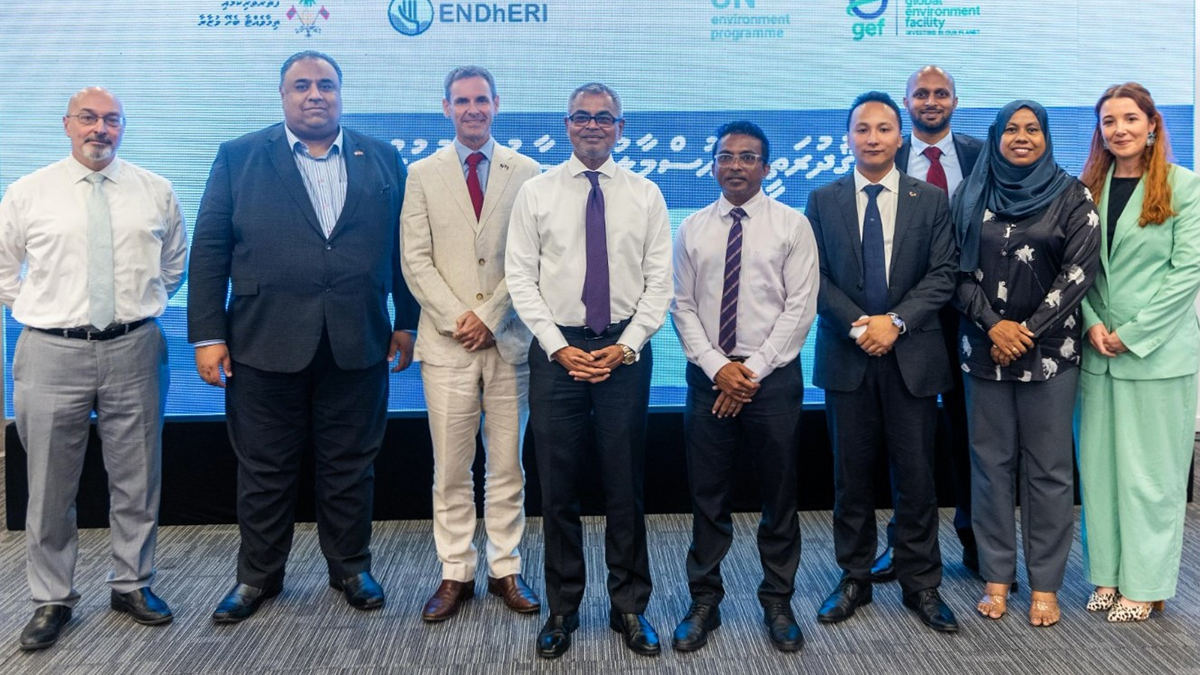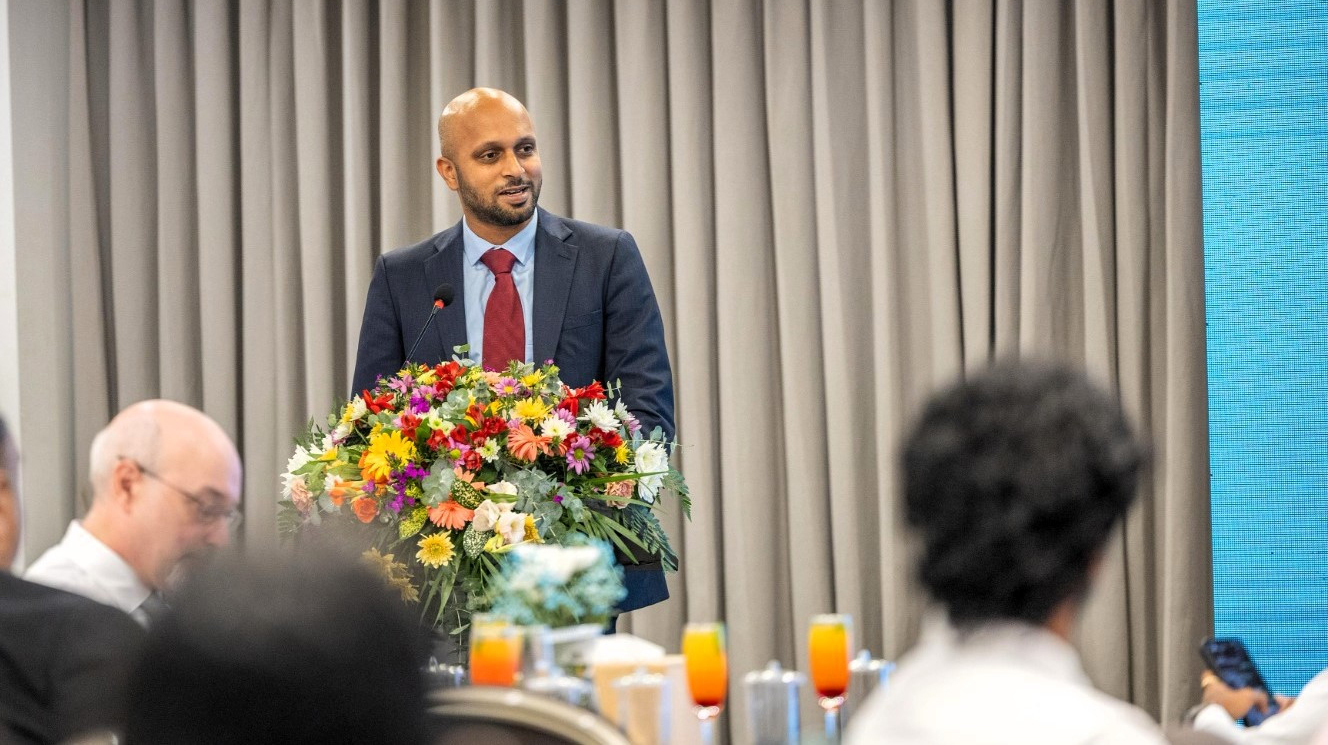
A UNSW team shared insights with the Maldives Government from a two-year project to understand the importance of nature to the economy.
UNSW Sydney has delivered a transformative Natural Capital Accounting (NCA) project in the Republic of Maldives, marking a significant milestone in the University’s impact in furthering sustainable development in the region. The Enhancing National Development through Environmentally Resilient Islands (ENDhERI) project, funded by the Global Environment Facility in partnership with the Maldives Ministry of Tourism and Environment, demonstrates how innovative accounting methodologies can reveal the economic contribution of marine ecosystems.
The project's culminating event attracted distinguished participants, including:
- the Minister for Tourism and Environment, HE Thoriq Ibrahim
- Chair of the Climate Change and Environment Committee, People’s Majlis, Abdulla Rifaau
- Australian Deputy High Commissioner Andrew Hodges
- British Deputy High Commissioner Toff Wahab
- US Embassy Chief of Staff William Bobo.
State Ministers, Deputy Ministers and the Auditor General also attended. This high-level engagement underscored the critical importance of nature to achieve Maldives’ development aspirations.
Professor Vinayak Dixit, Director of Global Research and Innovation at UNSW's Office of Global Affairs, delivered opening remarks emphasising the University's commitment to long-term partnership with the Government of Maldives.
“This project demonstrates UNSW’s commitment to shape real-world policy and strengthen global partnerships, through academic expertise and the amazing impact our alumni are having in the region,” Professor Dixit said.

The project findings
Dr Jordan Gacutan from UNSW's Centre for Sustainable Development Reform presented comprehensive findings from the ENDhERI project, highlighting successful collaboration with local institutions, including Maldives National University, and the strengthening of national statistical capabilities at the Maldives Bureau of Statistics.
The NCA framework developed through this collaboration provides insights into the dependencies of key sectors such as tourism and fisheries on marine ecosystems. The Laamu Atoll pilot revealed that coastal protection services from coral reefs alone are valued at AU$8.3 million annually, safeguarding critical infrastructure and communities. Also, AU$47 million of tourism spend (44%) could be linked to coral reefs and related recreational activities.
"When we see coral reefs support nearly half of tourism expenditure, while simultaneously witnessing significant bleaching, we can demonstrate that conserving these ecosystems isn’t just an environmental imperative, it is fundamental to Maldives economic policy," said Dr Gacutan.
Beyond economic valuation, the project establishes methods – aligned with UN standards – that measure the state of ecosystems over time. The accounts reveal a concerning tenfold increase in coral bleaching between 2019 and 2024, highlighting climate change vulnerabilities while providing baseline data for adaptive management strategies.
Minister Thoriq Ibrahim welcomed the findings by UNSW and encouraged continued collaboration to scale the project to cover the rest of the Maldives.
Alumni in the Maldives
UNSW also hosted the first alumni event by an Australian university in the Maldives, with nearly half of all Maldives UNSW alumni attending. Alumni who graduated between 1999 and November 2024 attended. The Australian High Commissioner, Mr David Jessup, wished the UNSW graduates continued success in making a significant impact to the Maldives.
Main image: Minister Thoriq Ibrahim (middle) with High Commission and Embassy representatives (left) and UNSW delegation (right).
- Log in to post comments
